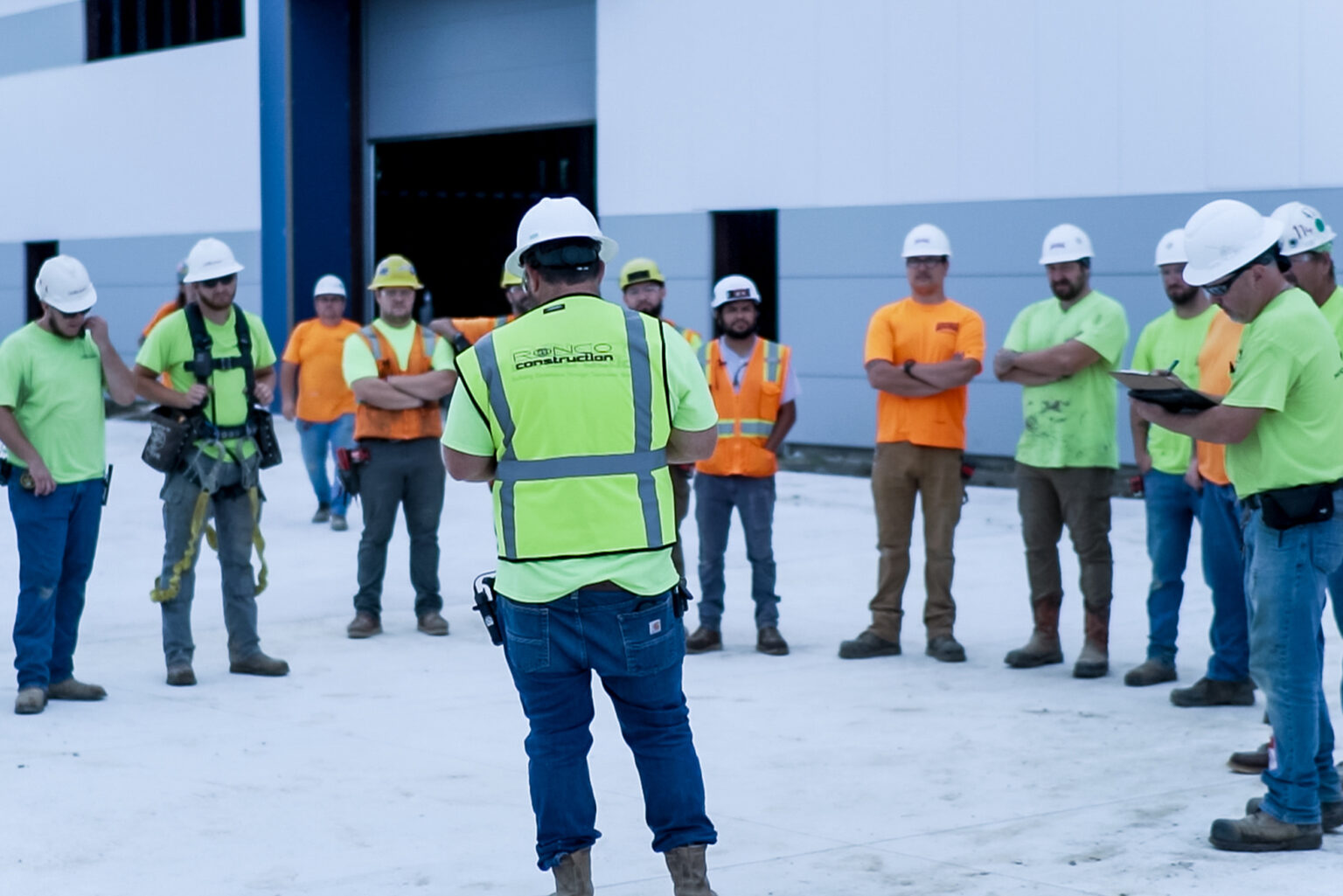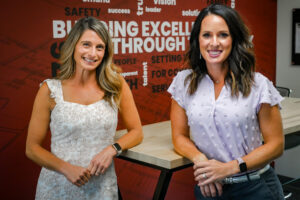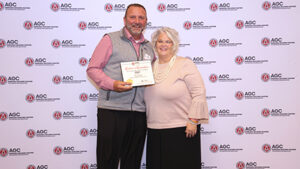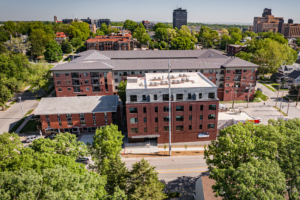Are there traits and skills that can take a construction superintendent from good to great?
Superintendents — linchpins of every successful construction project. From developing and managing daily schedules to coordinating and supervising subcontractors and construction work, to ensuring quality and safety throughout, they’re the force who moves the project forward.
Not everyone is cut out to be a construction superintendent, though. It takes special skills and knowledge, and specific personality traits to be successful in this career. So, what makes a good — or better yet, a great — superintendent? Find out from some veteran superintendents.
Are you a “fit?”
As with any career, there’s job-specific skills and training required. And a superintendent is no exception. You need to have a working knowledge of the construction field and building practices. You need to know how to maintain a safe site for everyone, and you need to understand what’s quality work. But if you really want to be successful in the role, it goes beyond the tactical work. Sean Shanahan, Ronco’s field operations support manager and a former superintendent with more than 20 years of construction experience, explains a good superintendent needs to have the trade-based skills, but there’s also interpersonal traits and personalities that can make a huge difference.
“A superintendent must be a multitasker, a relationship builder and a problem solver,” Shanahan said. “And it’s also important to have heart, hustle and personality.”
In addition to those characteristics, communication is one of — if not the most — important quality to possess. As the master coordinator on a project site, your communication skills are vital to the day-to-day progression of a project. You need to be able to clearly communicate instructions and expectations. In addition, be able to provide updates and guidance, and carefully navigate hard or crucial conversations. And to be able to have all those types of conversations with all kinds of stakeholders.
“Effective communication ensures all team members are on the same page. This helps with coordinating tasks, schedules and using resources efficiently,” said DJ Thomas, another Ronco superintendent with 32 years of construction experience.
Moving from good to great.
While many aspire to greatness, what truly elevates a superintendent to the realm of “great” is a special blend of leadership, innovation and unwavering dedication. A great superintendent not only builds structures but fosters a culture of collaboration and accountability, earning respect for their ability to turn ambitious designs into reality.
“Superintendents must have the motivation to succeed and to be a leader to their team,” explains Shanahan. “You need the drive to be better every day. And you need to gain the respect and buy in from subcontractors.”
Shanahan shares that a great superintendent must lead by example but also give credit where credit is due. Construction projects are a collaborative team effort — not one thing can be done by one person alone. Like most tasks in life, superintendents work as part of a team and to achieve anything on a project, it goes back to communication.
For Kurt Swanson, a Ronco superintendent who’s a nearly 40-year veteran of the industry, consistency and dependability are key tools to be successful in a superintendent’s role.
“Understanding that building is a team enterprise with multiple services and complex needs informs how you interact with all parties involved,” Swanson said. “Superintendents must be good stewards of company policies and protocol.”
Building and developing the future.
If leading a construction project as a superintendent is your dream, there are fundamental aspects of the role that extend far beyond the construction site itself. For one — you’re never not learning and developing your skills. The ability to inspire and lead teams through challenges is crucial. And you need to be able foster a collaborative environment where every worker feels motivated. You don’t learn these skills overnight and you can always learn how to do it better.
“If you understand and accept that knowledge and skill building is an ongoing practice throughout your entire career, you can move from good to great,” explains Thomas. “Practical experience, continuous learning and strong interpersonal skills are key to developing the next generation of superintendents.”
But while development skills, like communication and organization, are valued and extremely important, one trait that’s often forgotten is respect.
“Respect is earned, not demanded. And gaining that respect is a vital piece to construction,” Shanahan said. “When you have many subcontractors on-site, it’s important to view the work with their eyes. Try to think through the needs of them and then help where you can. It shows them that you’re on their team and that you value their work.”
That respect is cultivated by demonstrating competence, fairness and consistency in leadership. It begins with a deep understanding of the industry and its challenges, coupled with a willingness to listen to and learn from the expertise of their teams. By fostering an inclusive and supportive work environment, where every worker feels valued and empowered, future superintendents can earn the trust and admiration that defines true respect.
”Be a team builder. Reinforce the common goal and offer help and support at all levels to strengthen the team,” Swanson said. “Constant communication, emphasizing respect for all team members, and encouraging collaboration, ensures we’re operating with the best building practices, and achieving project goals.





